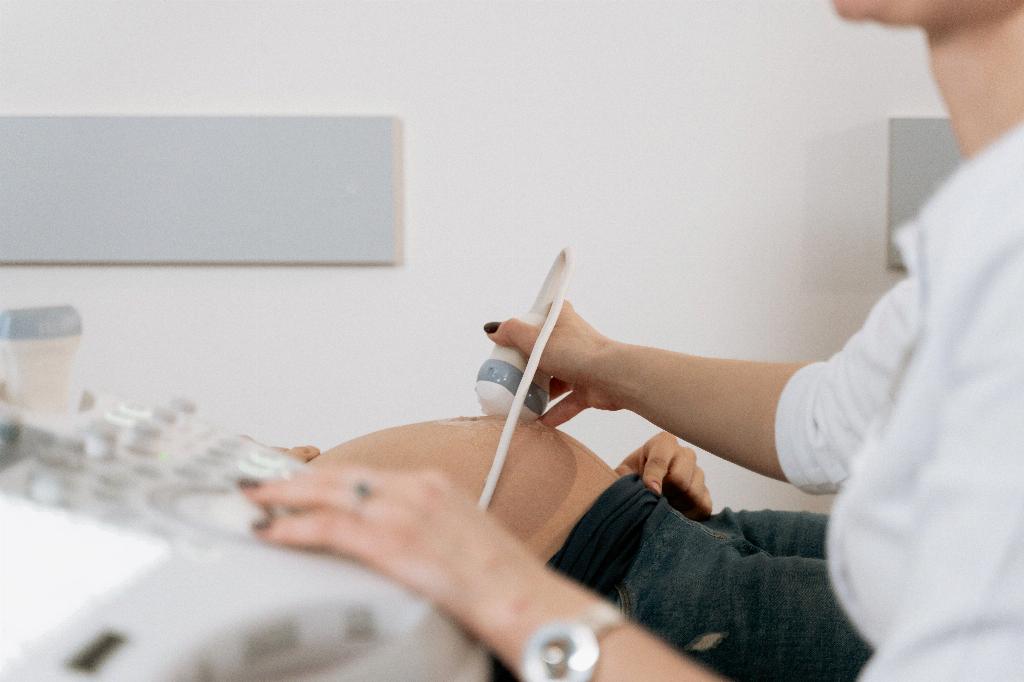Experiencing a hernia during pregnancy can be a concerning issue for many expectant mothers. A hernia is characterized by a protrusion of an organ or tissue through an abnormal opening in the body, typically creating a visible lump or bulge. This condition can occur in various parts of the body, including the abdomen, groin, or even the belly button.
Signs and Symptoms of a Hernia
Identifying a hernia during pregnancy involves being attentive to specific signs and symptoms. When you lie down or apply pressure to the affected area, you may feel a palpable lump or swelling. In some cases, a noticeable bulge may be visible beneath the skin. However, not all hernias present themselves as prominently, making it crucial to pay attention to any unusual sensations or changes in your body.
Consulting with Healthcare Providers
If you suspect you may have a hernia during pregnancy, it is essential to consult with your healthcare provider promptly. They can conduct a physical examination and may recommend further tests, such as imaging studies, to confirm the diagnosis. Early detection and intervention are key in managing hernias effectively, particularly when pregnant.
Managing Hernias While Pregnant
Once diagnosed with a hernia during pregnancy, your healthcare provider will work with you to develop a treatment plan that prioritizes the well-being of both you and your baby. Depending on the severity of the hernia, conservative measures such as lifestyle modifications and supportive garments may be recommended. In some cases, surgical intervention may be necessary, following careful consideration of the potential risks and benefits.
Monitoring for Complications
While most hernias during pregnancy are manageable, it is crucial to remain vigilant for any signs of complications. Symptoms such as severe pain, rapid enlargement of the hernia, or the inability to push the hernia back into place warrant immediate medical attention. Regular follow-up appointments with your healthcare provider can help ensure that any issues are addressed promptly.
Preventing Hernias During Pregnancy
Although not all hernias are preventable, there are steps you can take to reduce your risk of developing one during pregnancy. Maintaining a healthy weight, practicing safe lifting techniques, and avoiding excessive straining can help minimize the likelihood of hernias. Additionally, staying active and engaging in prenatal exercises recommended by your healthcare provider can strengthen your core muscles and support overall abdominal health.
Support and Guidance
Coping with a hernia during pregnancy can be emotionally challenging, but it is essential to remember that you are not alone. Seeking support from your healthcare team, loved ones, or online communities dedicated to expectant mothers can provide valuable guidance and reassurance. Remember to prioritize self-care and reach out for help when needed.
Embracing Changes in Your Body
As your body undergoes the transformative journey of pregnancy, it is normal to experience various changes and challenges. Embracing these changes, including the presence of a hernia, can empower you to navigate this period with resilience and grace. Remember to practice self-compassion and listen to your body’s needs throughout this remarkable process.
Stay Informed and Empowered
Educating yourself about hernias during pregnancy and staying informed about your healthcare options are crucial steps in advocating for your well-being and that of your baby. Do not hesitate to ask questions, seek second opinions if needed, and actively participate in decision-making processes regarding your treatment plan. Your voice matters, and your health is paramount.
Conclusion
In conclusion, being aware of the signs and symptoms of a hernia during pregnancy is essential for early detection and management. By staying proactive, seeking guidance from healthcare professionals, and prioritizing self-care, you can navigate this period with confidence and resilience. Remember that you have the strength and support needed to address any challenges that may arise, including hernias, during your pregnancy journey.

